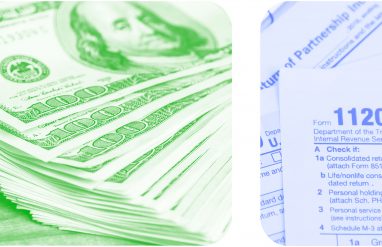The Irish language, known as Gaelige in Irish, is a Celtic language. Records of Irish, the ancient and historic language of the Irish people, date back to the fifth century. Today, it’s estimated that there are nearly 75,000 daily Irish speakers in Ireland, with over 1.5 million learning it as a second language. It is an official language in Ireland, and if you have ever visited the country, you will see the language on road signs and government documents.
While you may not know any Irish yourself outside of fáilte (“welcome”) or sláinte (“cheers”), some of the English vocabulary and slang you use comes from or is influenced by the Irish language. Irish people have immigrated to English-speaking countries, particularly England and the US, for centuries.
Read on to see how much Irish you’re actually using.





















